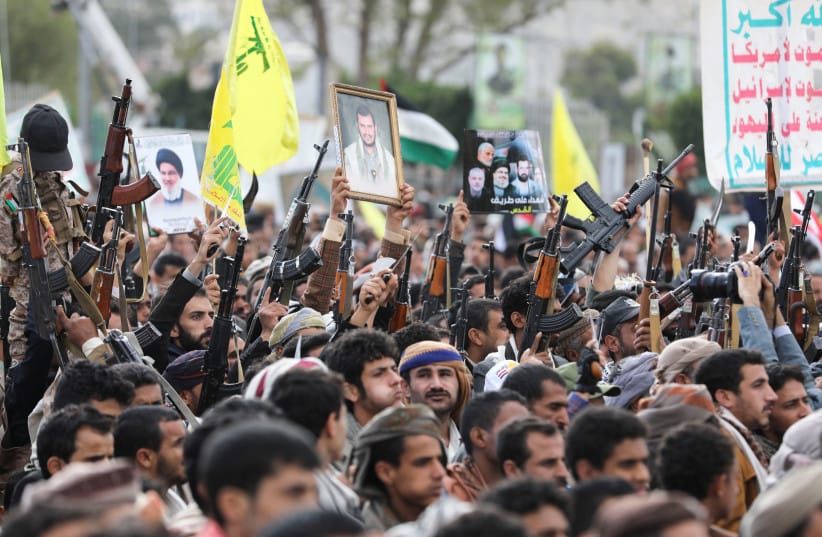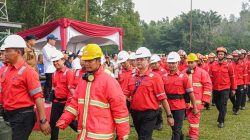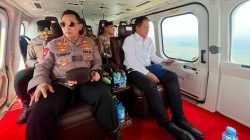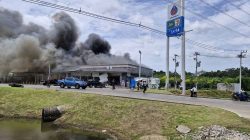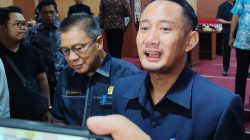Hezbollah’s Unwavering Stance on Arms
Hezbollah, the powerful militant group based in Lebanon, has shown no signs of readiness to relinquish its arsenal. Recent reports indicate that the organization remains firm in its position, despite ongoing international pressure and regional tensions. This stance has drawn significant attention from both local and global observers, as it continues to shape the political and security landscape in the region.
The group has faced a series of challenges since Israel’s military victory over it last year. Although a ceasefire has been established between Israel and Lebanon, the Israeli Air Force (IAF) continues to conduct airstrikes targeting Hezbollah positions. These limited strikes have not yet led to any significant changes in Hezbollah’s approach, as the group appears to be adopting a wait-and-see strategy.
According to recent reports, Hezbollah has made it clear to its allies, including Lebanese Parliament Speaker Nabih Berri, that it is unwilling to surrender its weapons even if Israel withdraws from southern Lebanon. This position has caused frustration among Lebanese officials, who are concerned about the implications of Hezbollah’s continued military presence. In fact, sources suggest that Hezbollah is prepared to confront the Lebanese state if necessary.
US Involvement and Regional Dynamics
The United States has been actively involved in the region, with US Special Envoy to Syria Tom Barrack recently visiting Lebanon. During his visit, he emphasized the importance of moving forward with Lebanon’s development and stability. However, he also acknowledged that the US cannot compel any party to take specific actions. This means that the responsibility for addressing the issue of Hezbollah lies primarily with the Lebanese government.
Barrack’s visit highlighted the complex nature of the situation. He engaged with various stakeholders, including Lebanese leaders and religious figures, to discuss potential solutions. His efforts reflect the broader US interest in ensuring stability in the region, particularly given the historical and geopolitical significance of Lebanon.
The Role of Lebanese Leadership
Lebanese leadership is caught in a delicate balancing act. While there is a desire to address the issue of Hezbollah’s arms, the government is also cautious about provoking further conflict. Recent events, such as the release of detained individuals who were found with weapons, illustrate this cautious approach. The government seems intent on avoiding any actions that could destabilize the country further.
Despite these challenges, dialogue remains an essential component of the process. A report by Beirut-based Al Akhbar newspaper, which is aligned with Hezbollah, indicated that discussions would continue. According to the report, US envoy Tom Barrack emphasized the importance of restricting weapon possession to the state for Lebanon’s stability. He also noted that Parliament Speaker Nabih Berri is making efforts to resolve the situation.
The Path Forward
Barrack’s visit underscored the need for unity in addressing complex issues. He stated that the time has come to come together on this matter. President Trump’s interest in Lebanon’s success was also highlighted, with Barrack representing the president during his visit. He mentioned that the US has been working on a solution for four weeks, acknowledging the difficulties involved in the process.
As the situation continues to evolve, the role of international actors, regional dynamics, and internal Lebanese politics will remain critical in shaping the future of the region. The path forward will require careful navigation, as all parties seek to balance security, stability, and political interests.

